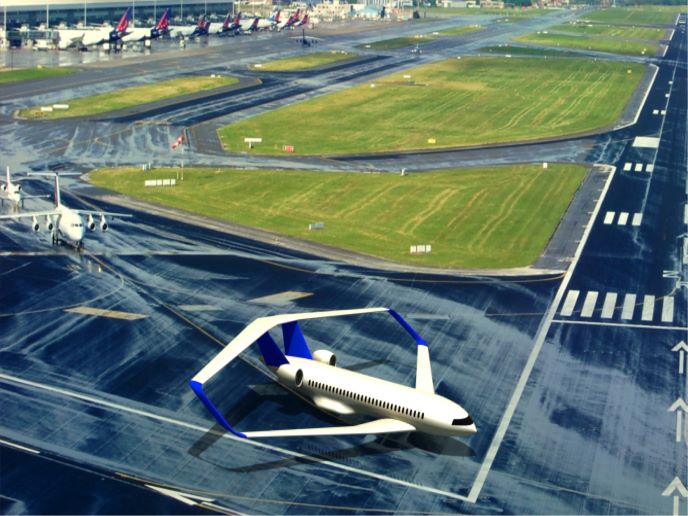Advanced aircraft design techniques for tomorrow’s engineers
Multidisciplinary design optimisation (MDO) is a technique that streamlines the overall design process of large-scale aeronautical systems. It is vital for future sustainability and competitiveness of the aerospace industry in Europe. Despite its importance, there is a noticeable lack of MDO skills, education and training. Against this backdrop, the EU-funded AMEDEO (Aerospace multidisciplinarity enabling design optimisation) project recruited 15 talented early-stage researchers in the field. The initiative was backed by secondments with leading partner institutions from Belgium, France, Germany, the Netherlands, Turkey and the United Kingdom. The researchers’ three-year projects emphasised key issues and challenges facing the European aerospace industry. These include robust optimisation of aircraft engines for energy efficiency, optimisation of lightweight composite aircraft structures, improvement of aircraft safety and crashworthiness, as well as noise reduction through acoustic optimisation. More specifically, AMEDEO researchers worked on new computational and parameterisation methods for large-scale MDO problems. They developed efficient metamodel-based robust MDO frameworks that can integrate all system and/or discipline optimisations within large-scale MDO problems. Work also involved applying advanced MDO methods to aircraft engine design, as well as novel MDO applications for designing composite aeronautical structures. Overall, the project brought major advances in the computational efficiency of MDO methods based on graphical processing units and improvements in aeroelastic modelling. It led to the development of new MDO methods for preliminary aircraft design and for systems with very large structural deflections. The new MDO methods can help overcome damage in composite structures that can emerge, for example, from ice and bird impacts, in addition to reducing noise levels in composite fuselages. The methods deliver more efficient aviation engines through improved turbine cooling, reduced air flow rates by up to 65 %, and novel fan and compressor shapes. Thanks to AMEDEO advances, the upcoming MDO specialists will one day enable the European aerospace industry to realise its vision of building environment-friendly aeroplanes.







